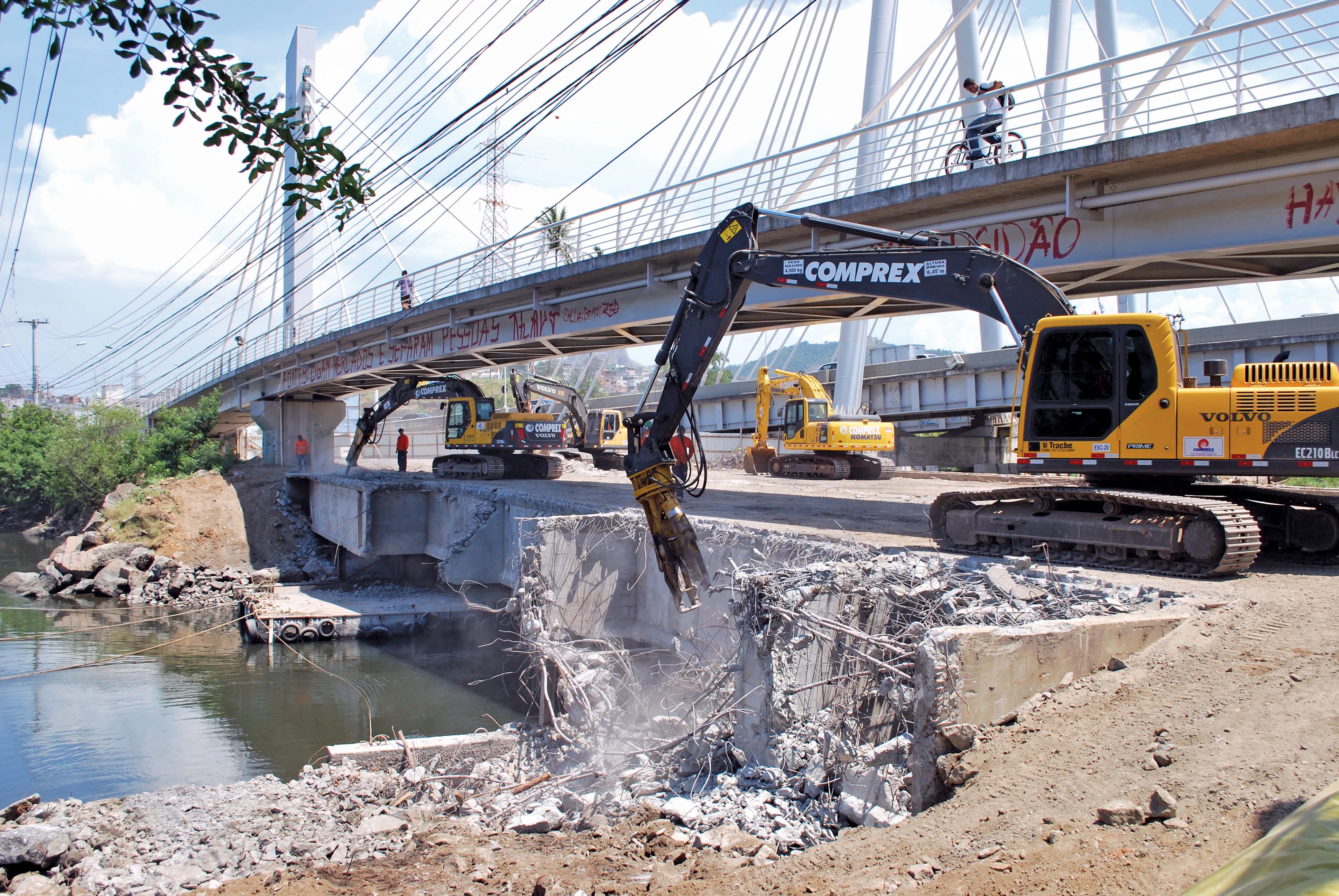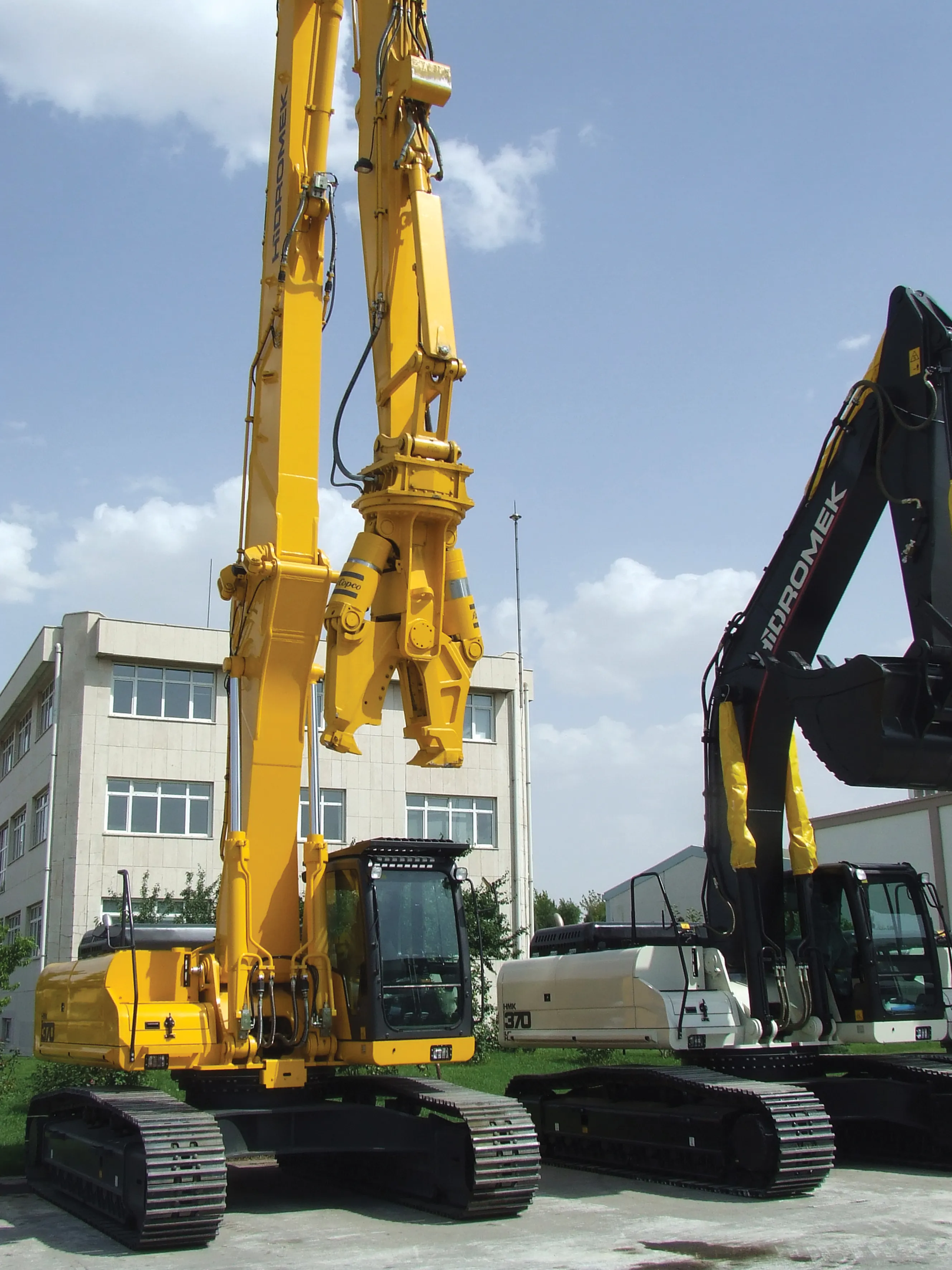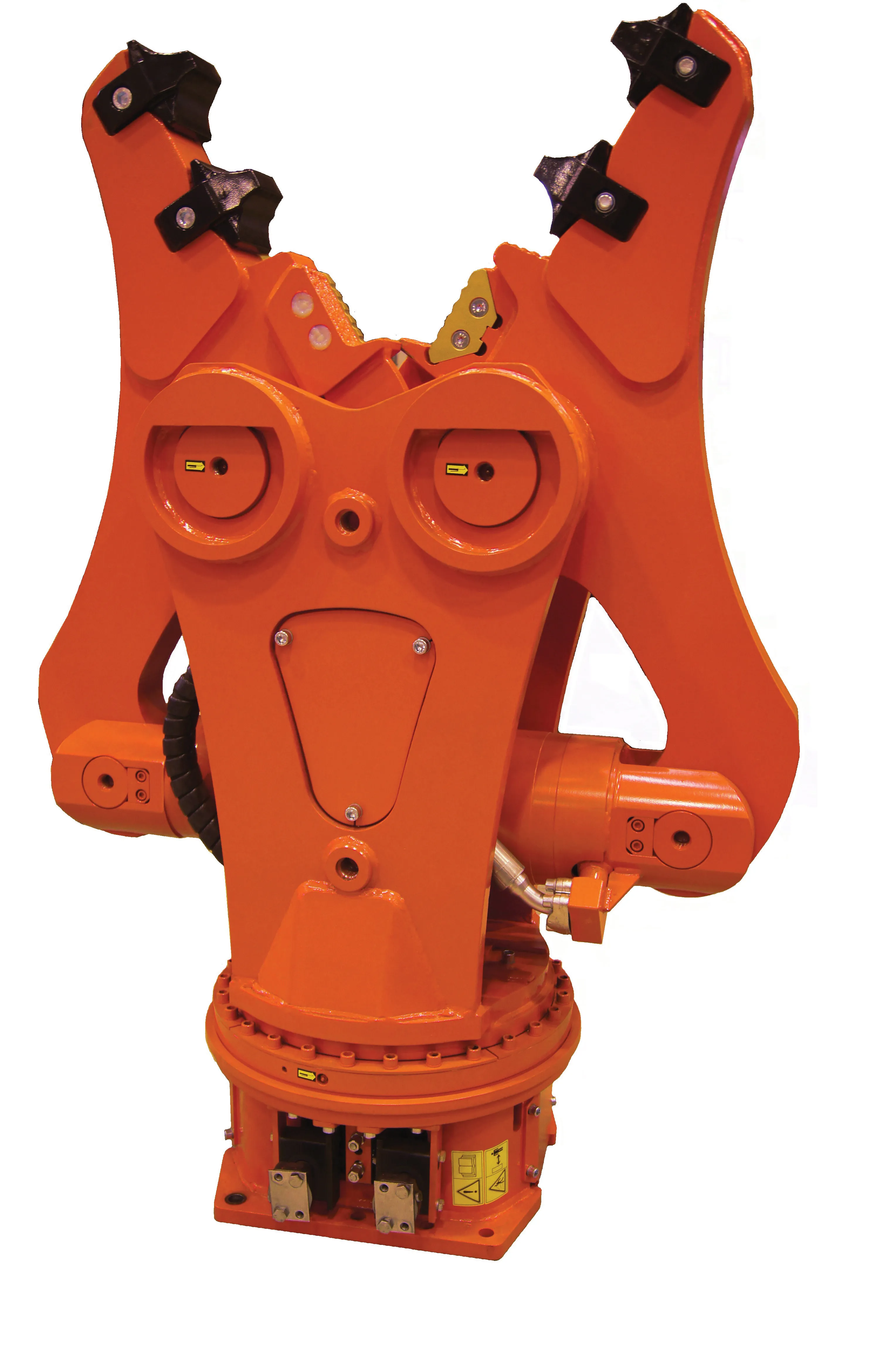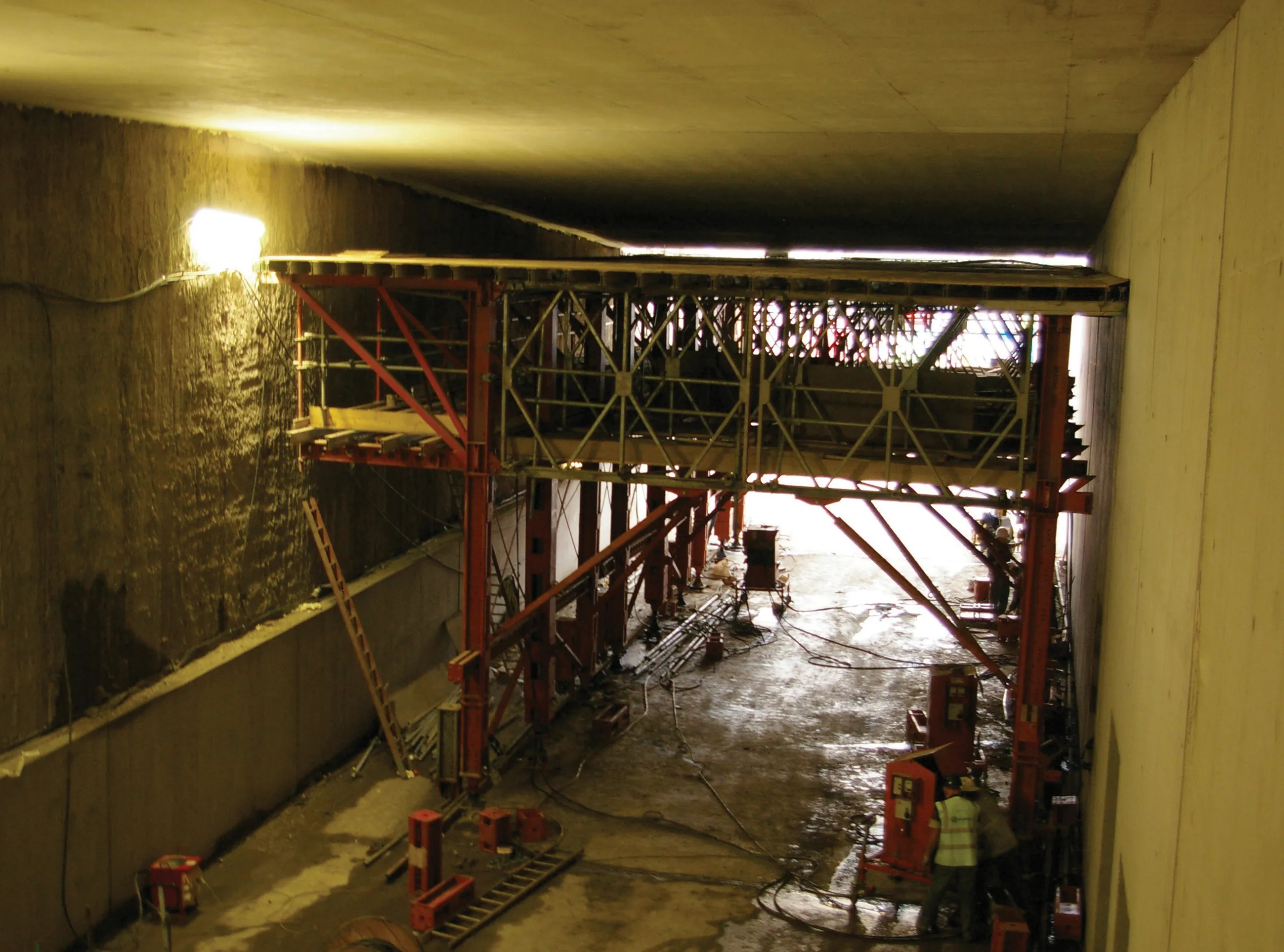Brazilian demolition specialist Comprex was chosen to demolish a bridge connecting districts in the city of Vitória in the state of Espirito Santo. For environmental reasons, debris was not permitted to fall into the waterway under the bridge, and special arrangements had to be made for the removal of the demolition waste. Comprex chose Atlas Copco hydraulic breakers and CombiCutters for the jobsite where three new bridges have been built over the old bridge, which was no longer able to support the increasi
July 2, 2013
Read time: 2 mins

Brazilian demolition specialist Comprex was chosen to demolish a bridge connecting districts in the city of Vitória in the state of Espirito Santo.
For environmental reasons, debris was not permitted to fall into the waterway under the bridge, and special arrangements had to be made for the removal of the demolition waste.
Comprex chose161 Atlas Copco hydraulic breakers and CombiCutters for the jobsite where three new bridges have been built over the old bridge, which was no longer able to support the increasing volume of traffic crossing between the city districts. The old bridge, comprising 1,300m3 of reinforced concrete, needed to be removed, and an Atlas Copco SB 452 hydraulic breaker was used to remove the light structures, such as the parapet and concrete surfacing.
Two Atlas Copco MB 1700 hydraulic breakers and two CC 1700 CombiCutters, mounted on2394 Volvo EC 210 and Cat 416E carriers, were used for the heavier task of removing the concrete layer from the beams and finally the ten beams themselves.
Demolition debris was received in a special boat and transported to a recycling plant.
“The MB 1700 and SB 452 hydraulic breakers gave impressive performance on the very hard concrete,” said Ronaldo Zucchi, owner of Comprex.
For environmental reasons, debris was not permitted to fall into the waterway under the bridge, and special arrangements had to be made for the removal of the demolition waste.
Comprex chose
Two Atlas Copco MB 1700 hydraulic breakers and two CC 1700 CombiCutters, mounted on
Demolition debris was received in a special boat and transported to a recycling plant.
“The MB 1700 and SB 452 hydraulic breakers gave impressive performance on the very hard concrete,” said Ronaldo Zucchi, owner of Comprex.









